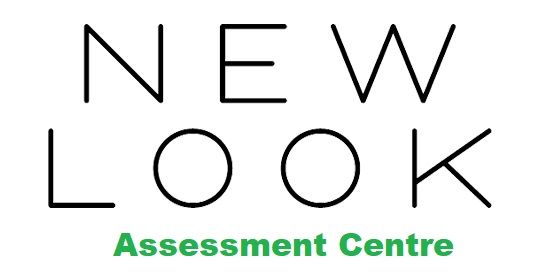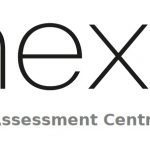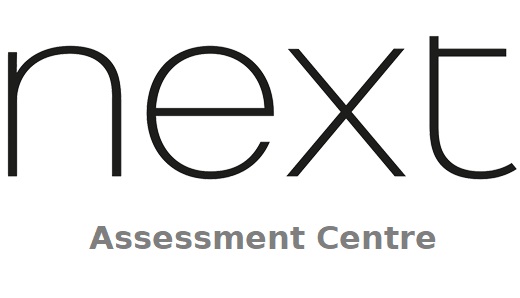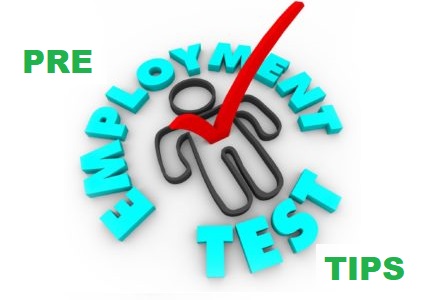Have you had a lot of job applications rejected or got so far and not taken any further? It is very frustrating and can leave you asking why so it is important to address this and look at why your applications are possibly being rejected.
Spending days to find a job to apply and hours to fill the forms shouldn’t wasted by simple mistakes that can easily be avoided.
Here are possible reasons why your job application rejected!
# Applying for the wrong jobs
Sometimes people want a change of career and find a job that they want to apply for but it does nit suit their skills. Getting into a different job market can be very difficult especially if you do not explain the skills that you have which cross over. Employers will look past any irrelevant jobs and that is why it is important to make sure that this is covered early on so that an employer knows that although this is not something you have directly one before that you are keen to develop and have x,y and z skills which are very relevant to the role being advertised.
# Applying for the Wrong Level
Do you feel that you have the right amount of experience for the role you are applying for or if you were honest do you have too little or too much experience? Both of these areas will put employers off. Too little experience and they will feel you are not ready for this role and too much and they will feel that you will get bored easily.
# CV Not Coming Across Right
Has it been a while since you re did your CV? It might be time to revisit it and set it out differently starting with the information an employer wants first. If you have been in employment for a few years it is now to let your employment history dominate your skills rather than your education.
# Missing Application Deadlines
An easy mistake to make, you have a date in your mind and you do not double check till too late. If you miss a deadline, an application will usually be rejected straight away.
# Not Reading the Application Questions Properly
Reading questions carefully and answering them specifically is the only way to get through to an employer. If you are struggling to answer the question due to your experience being slightly wrong then it may not be worth applying for the job.
# Going off on Tangents Not Sticking to What is Being Asked
Stick to the question that has been asked. Do not waffle when answering questions. Employers want a short description about what you can do and how this is related to the role that they are recruiting for.
# Failing to Answer All the Questions
If you don’t manage to answer all the questions or sections then this could be another reason why your applications are being rejected. Most employers expect every box to be completed with something.
# Failing to Do Any Online Tests
If you have to do any online tests, aptitude, personality etc and you fail to do these or fail to do well in these, then this will be another reason why your applications are rejected. Employers put these measures in place to be able to check they are employing the right candidates.



















